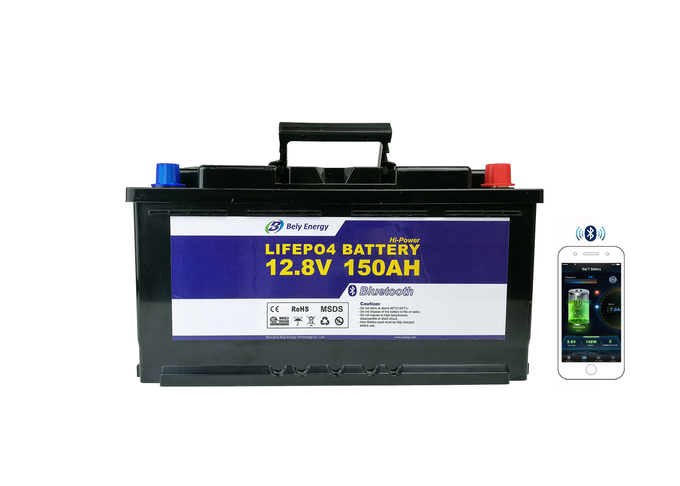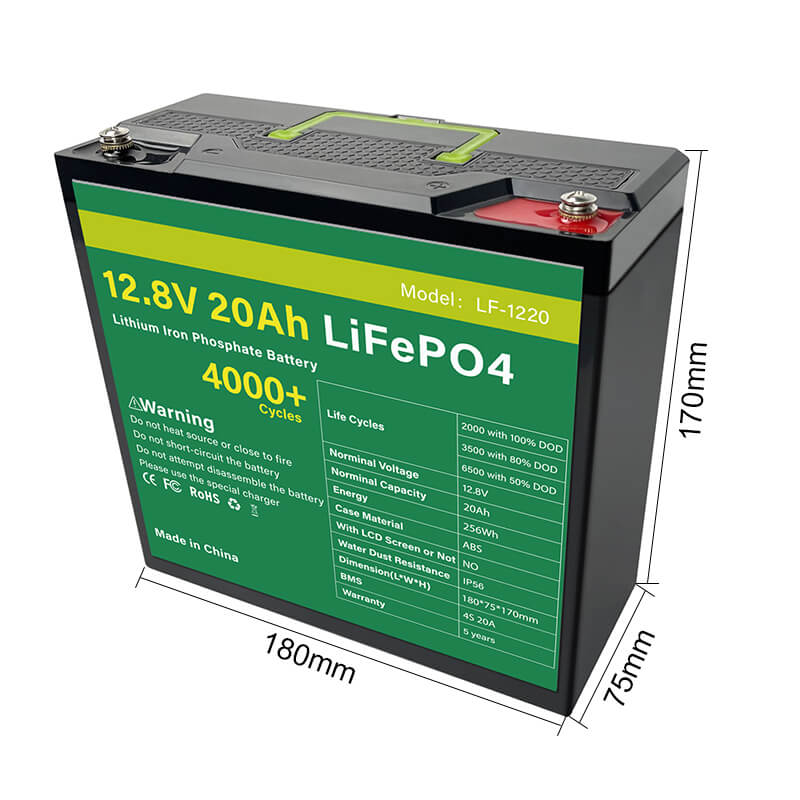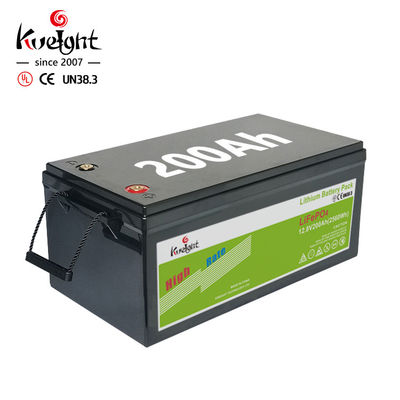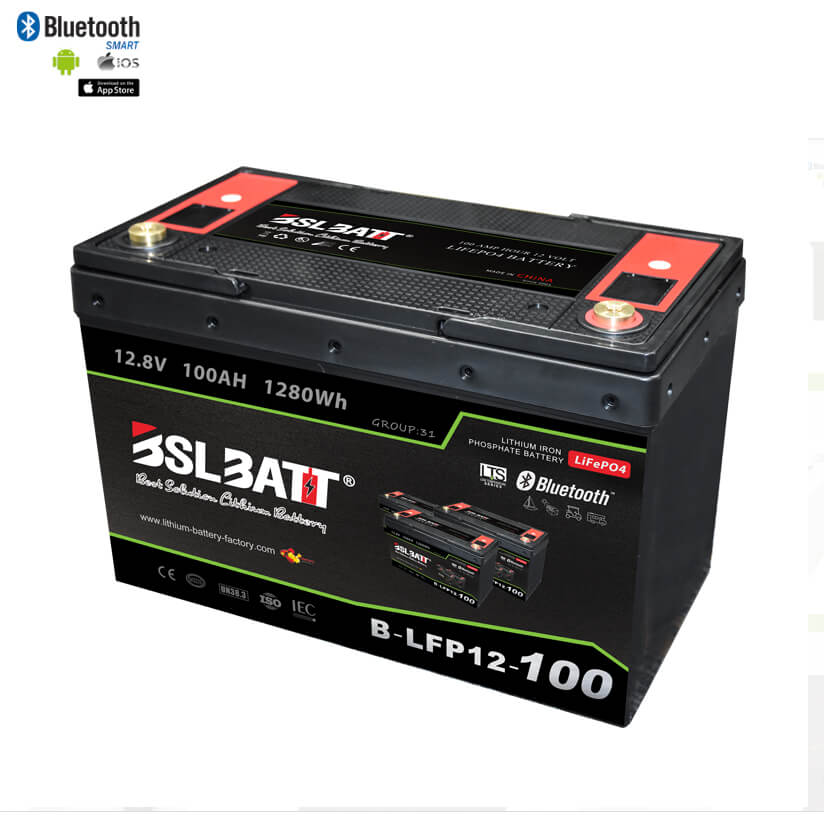
بطارية LiFePO4 بطارية 12 فولت 300 أمبير 4000 دورة بطارية فوسفات حديد قابلة لإعادة الشحن لبطارية احتياطية للطاقة الشمسية RV مدمجة 300A BMS من 3,076.41ر.س | DHgate

الصين تخصيص Lifepo4 بطارية المنزل المصنعين والموردين والمصنع - شراء الخصم Lifepo4 بطارية المنزل - Foshan Top One Power Technology Co.، Ltd
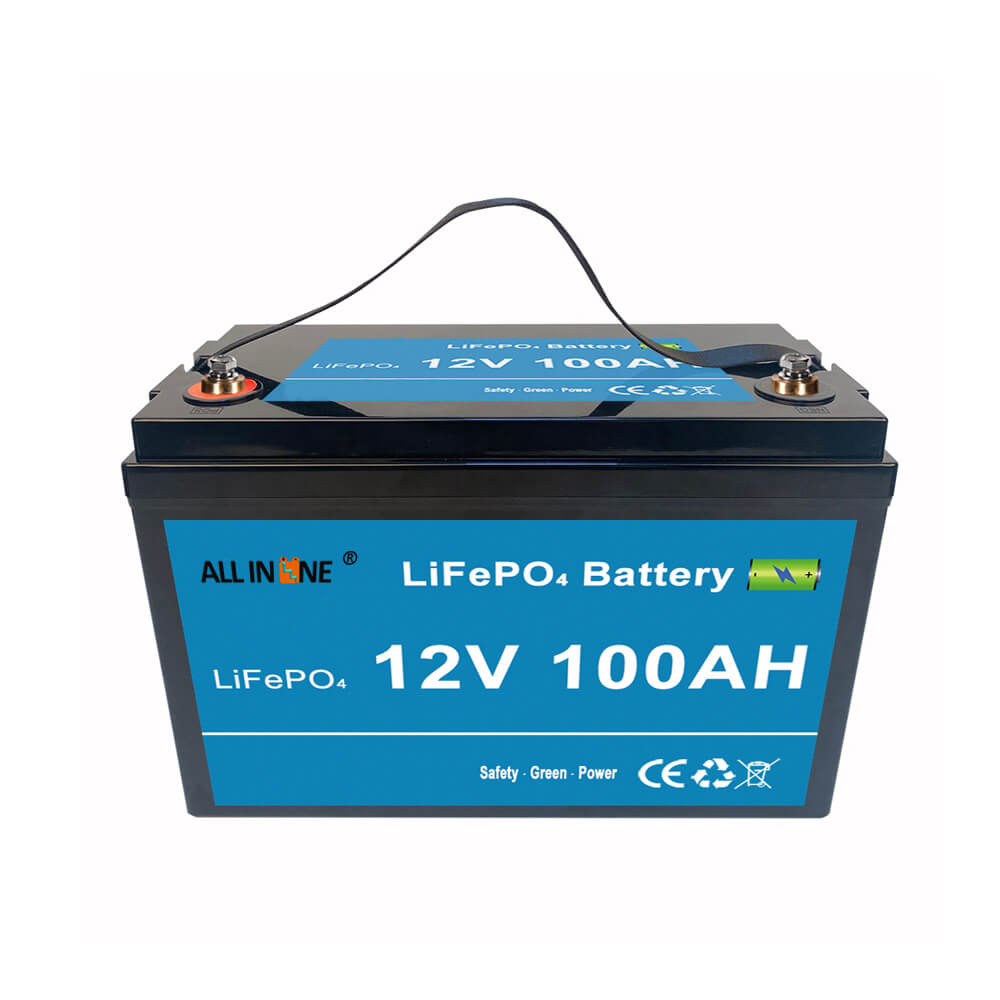
12 فولت بطارية طويلة العمر LiFePO4 4S33P قابلة لإعادة الشحن Li-Ion Storage 12V 200Ah بطارية ليثيوم أيون 32700 LiFePO4 بطارية - Ainbattery.com

فوكواي بطارية LiFePO4 بقدرة 12 فولت 20 امبير في الساعة، بطارية قابلة لاعادة الشحن اكثر من 2000 دورة عميقة، مثالية لمركبات ار في والنظام الشمسي والبحرية والسكوتر الالكتروني والتطبيقات خارج الشبكة : Amazon.ae: السيارات

قابلة لإعادة الشحن 6.4V 4.5Ah أداة كهربائية Lifepo4 موردي البطاريات والمصنعين الصين - سعر المصنع - أوبتيموسنانو

الصين 12.8V 100Ah بطارية ليثيوم LiFePo4 بطارية المصنعين والموردين والمصنع - 12. بطارية ليثيوم 8V 100Ah LiFePo4 مصنوعة في الصين - مشرق للطاقة الشمسية

فوكواي بطارية LiFePO4 بجهد 12 فولت و16 امبير في الساعة، بطارية قابلة لاعادة الشحن 2000+ دورة عميقة، متوافقة مع مكتشف الاسماك ومحركات الصيد والقوارب والنظام الشمسي وUPS والمزيد : Amazon.ae: الإلكترونيات والصور

الصين مخصص 48V 300Ah بطارية ليثيوم بطارية LiFePO4 الموردين والمصنعين - المصنع مباشرة بالجملة - BR SOLAR

شراء Bluesun عالية السعة LifePO4 بطاريات ليثيوم أيون 12 فولت 104Ah بطارية طاقة شمسية دورة عميقة لتخزين الطاقة، مصنعين المهنية Bluesun عالية السعة LifePO4 بطاريات ليثيوم أيون 12 فولت 104Ah بطارية طاقة

حزمة بطارية 24V 200Ah LifePO4 ، مصدر طاقة شمسية خارج الشبكة ، بطارية ليثيوم أيون ذات دورة عميقة ، مدمجة في 200A BMS Perfect استبدال بطارية النظام الشمسي 4000-7000 دورة - مزود






